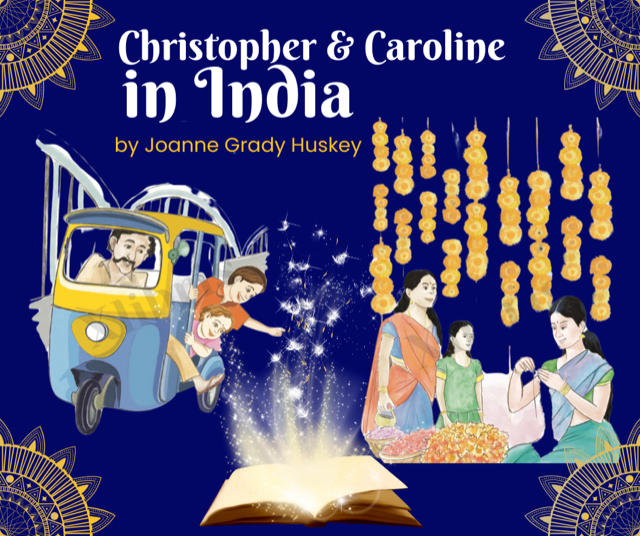|
These are truly extraordinary times. On the one hand we have extreme divisions in this country that look irreconcilable, and on the other, we are witnessing a global call to action, political involvement, and citizen activism not seen in decades. The Chinese term for “crisis” (weiji) combines “threat” and “opportunity” -- an apt description that the situation facing America represents an opportunity to demonstrate the power of citizen activism. There is a role for governments, but in a democracy, there is also an important role for citizens. Both of us have been advocates for citizen diplomacy in our life’s work and in our writing. We both have seen first-hand how the power of citizen activism and diplomacy can change the world and make it a safer place. We have seen the power of other large scale citizen efforts - the civil rights movement, environmental movement, women’s movement, anti-war and human rights movements – which have created profound shifts in values among an aware and engaged citizenry. Inspired citizens have spoken up, taken a stand, and made a difference. Now is again time for large scale citizen action. Fear, isolation, and passivity will weaken us and our nation. Citizens have real power when we speak collectively and when we vote. As Margaret Mead aptly said, “When the citizens lead, the leaders will eventually follow.” 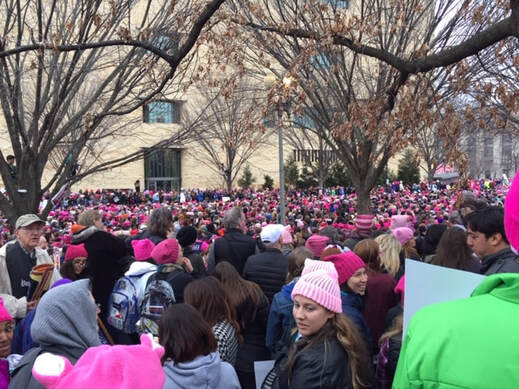 This global call to action is a call to take moral leadership when our own political leaders take actions that are not aligned with our nation’s core values or best interests. At such times we have the moral responsibility to speak up, questioning bad policies and immoral actions. Allowing foreign interference in our election threatens the very fabric of our Constitution. Banning immigrants from entering the U.S. and separating immigrant children from their mothers and throwing them in less than human prison-like facilities is an anathema to the very essence and identity of this country. Shrinking our national health care system that benefits millions of Americans, without a suitable alternative, hurts everyone. Denigrating women and negating survivors of sexual harassment is not acceptable. Undermining the very institutions that protect us in the areas of justice, environmental protection, education, diplomacy, security, gender equality and human rights harms the fundamental rights we live by. We, as citizens, must keep our leaders accountable, and exercise our right to question and overturn unjust policies or actions. The viability of our democracy depends on our ability to do just that at the present time. Today we see the rise of women as activists, agents of change, leaders and community organizers. The #metoo movement, that has gone viral around the globe, has freed women to call out sexual harassment and violence when it happens. The women’s march following President Trump’s inauguration was an extraordinary demonstration of global outrage led by women all over the world demanding their rights. More women than ever in history ran for and won political office in 2018 in the U.S. Women of all parties and persuasions are coming together to courageously question the old paradigm and create a new more collaborative one that is inclusive, engaging, respectful, just and open minded. Make no doubt about it, we are a force to be reckoned with and are claiming our voices! High school students in the U.S. have created a national movement in the wake of high school shootings to end this senseless violence. Their #enough movement has led them to the halls of our government. They are learning their rights as citizens to utilize the democratic freedoms they have, to demand legislators address gun violence and enact responsible gun regulation. Understanding more about their power as citizens, they organized youth across the country to vote in the November 2018 elections for candidates who support reasonable gun legislation. They are claiming their voices!. The partisan cable media and much of the social media demonstrate an extreme lack of civility in our country, to our peril. Civility is when we are able to have a respectful conversation with others with whom we disagree. While it doesn’t necessarily solve disagreements, it can lead to finding common ground when we talk with, rather than at, each other. It’s wrong to target or blame groups of people, to stereotype, ridicule or demean others and to denigrate the very institutions that serve us. This is not the American way, it is not what we love about this country. What makes America great is its rich diversity that embraces multiculturalism, an open and free press, freedom of opportunity and equality for all. Walls, bans, and divisive politics don’t represent us. It’s time to return to the values inherent in the founding of this country that fostered civility, respect, equality and shared decision making. All our voices must be heard. Citizen activism, diplomacy and civility are desperately called for at this time. We, as citizens, need to maintain our moral compass, listen to others, have the courage and ability to collectively hold true to our values, and not let our political leaders get away with un-American behavior or unjust policies or actions. We cannot leave it to the Congress, the White House, or the Supreme Court. It is our moral responsibility to be beacons of light and a collective megaphone to ensure that our core American values are sacrosanct. We have seen this in the rise of “Indivisible groups” throughout the nation, groups of citizens who are educating themselves about issues, writing their representatives, holding town hall meetings, and demanding that their representatives truly represent the will of the people they serve. These indivisible citizen groups are active and aware and growing in numbers across the nation. As Ann Richards, the late Governor of Texas said, “I want to urge you to make waves. I want to urge you to rock the boat. I want to urge you to get off your duff. I want you to speak out at whatever cost if it comes from your heart. You’re going to build up this country and when you see what you have done, I hope that you are proud of it.” It is imperative that we elect responsible legislators who create solutions that work for all Americans and not just a small elite, and who defend sound policies that reflect our national tenets as a nation.
Let us be inspired by the words of President Abraham Lincoln: “that we here highly resolve that this nation, under God, shall have a new birth of freedom-and that government of the people, by the people, for the people shall not perish from the earth.” As President Obama said, “We are the ones we are waiting for.” Joanne Grady Huskey and Kimberly Weichel are speakers and trainers in citizen diplomacy and women’s leadership. They have worked on the forefront of building bridges between people for over 25 years.
0 Comments
30 Years After Tiananmen: For the Record---History Must be Told
|
Archives
January 2024
Categories |
© 2021 Joanne Grady Huskey

Christopher & Caroline in India
Written by Joanne Grady Huskey, Illustrated by Shakkeela Manoj and Ratheesh Kumar.
Available on Amazon!
Give the world to the little ones in your life by taking them on a journey to India. Experience the rich cultures, foods, and wonderful traditions through the eyes of my two little children growing up in Madras.
Now available on Amazon Books - Christopher and Caroline in India
Continue the journey to a new continent with Christopher & Caroline in Kenya, also available on Amazon!
Written by Joanne Grady Huskey, Illustrated by Shakkeela Manoj and Ratheesh Kumar.
Available on Amazon!
Give the world to the little ones in your life by taking them on a journey to India. Experience the rich cultures, foods, and wonderful traditions through the eyes of my two little children growing up in Madras.
Now available on Amazon Books - Christopher and Caroline in India
Continue the journey to a new continent with Christopher & Caroline in Kenya, also available on Amazon!


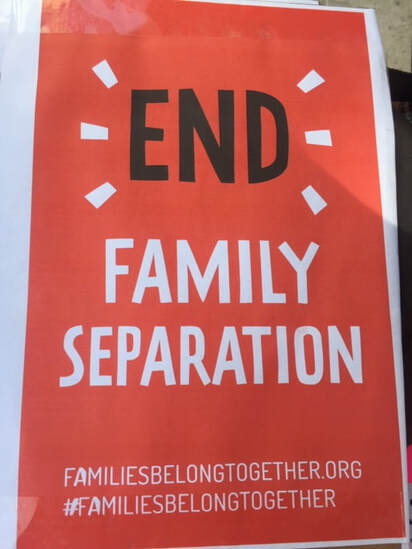
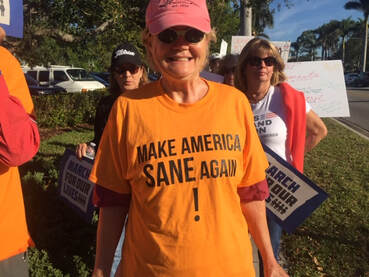
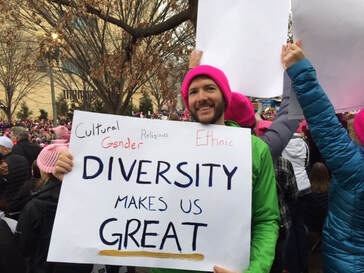
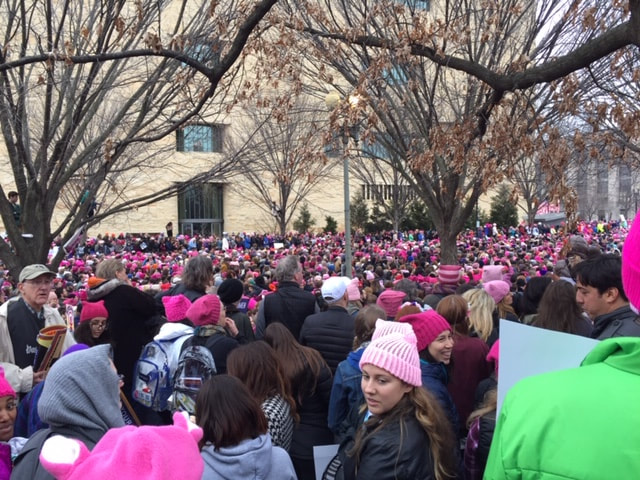
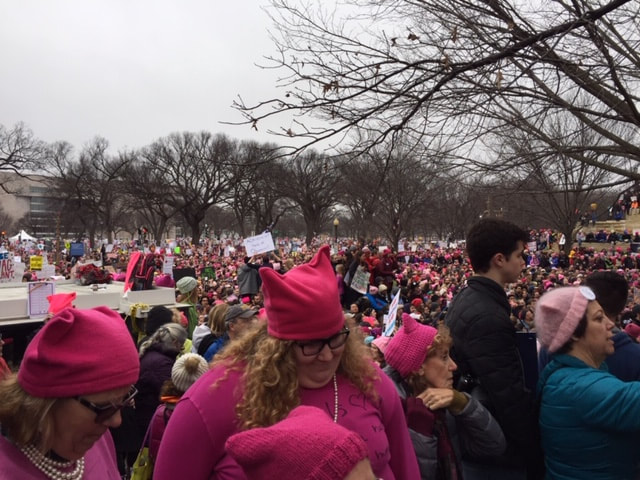
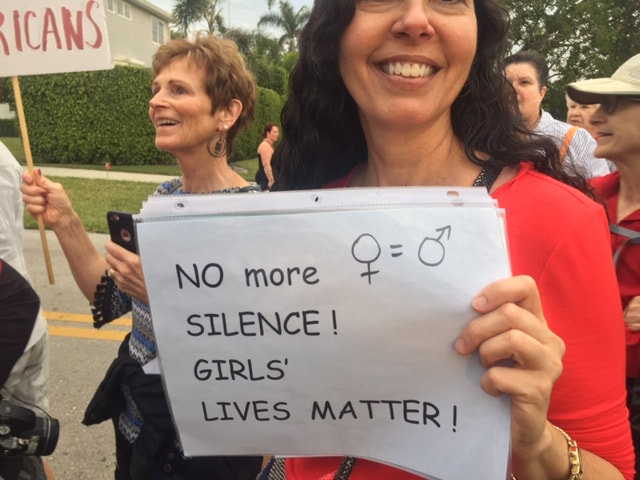
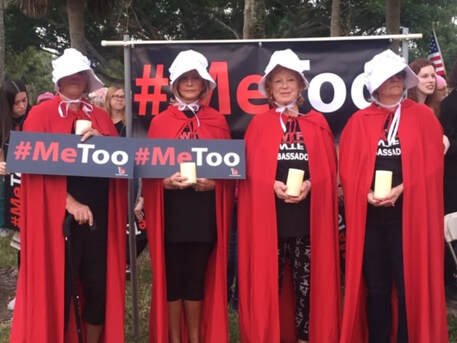
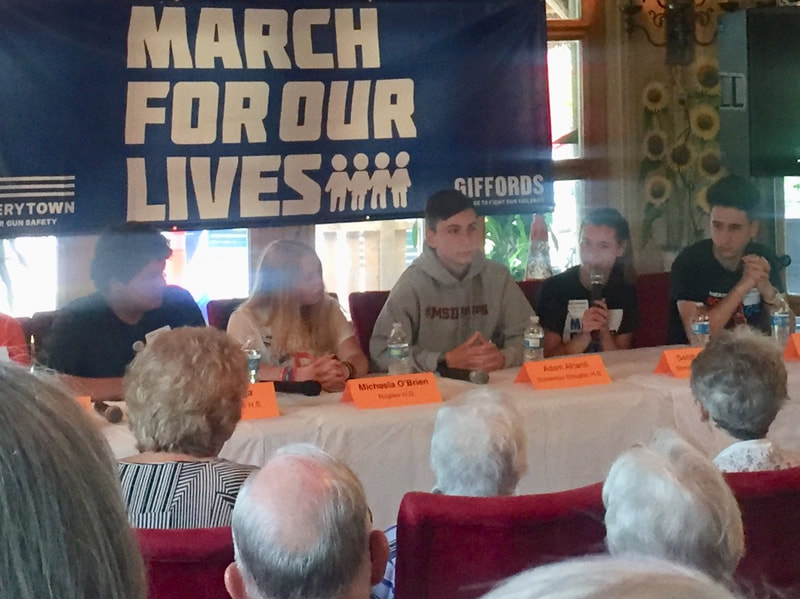
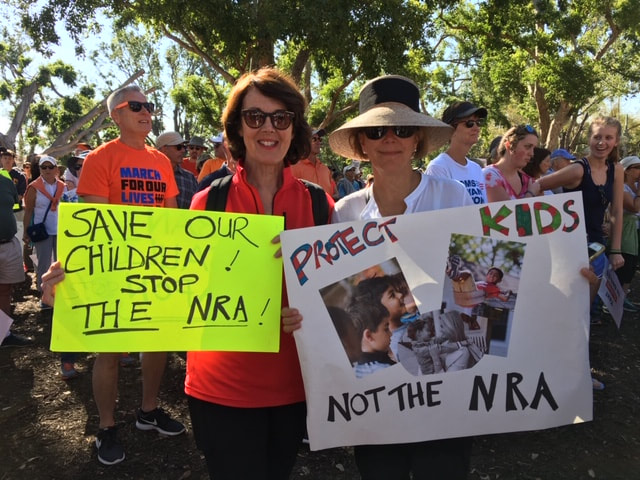
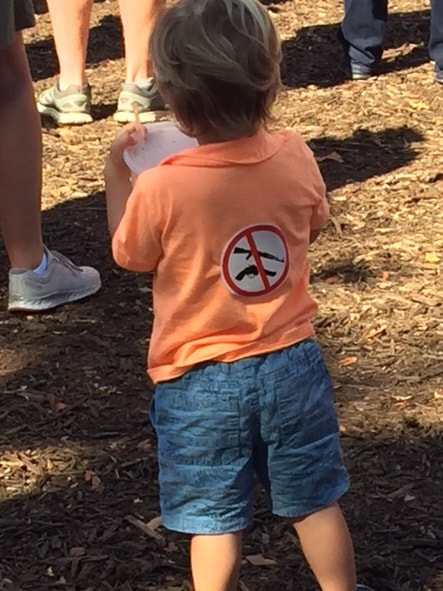
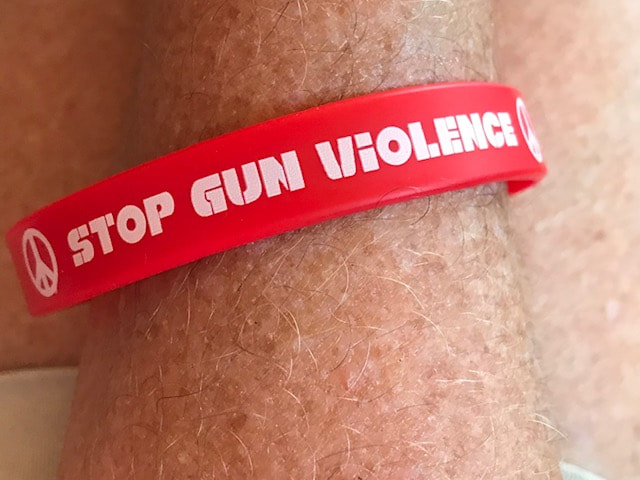

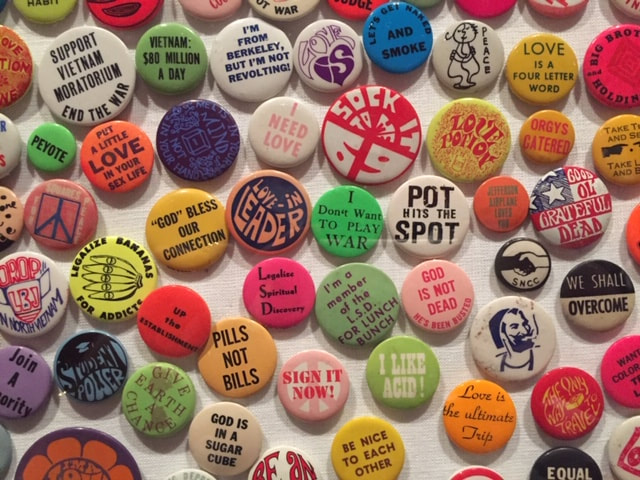
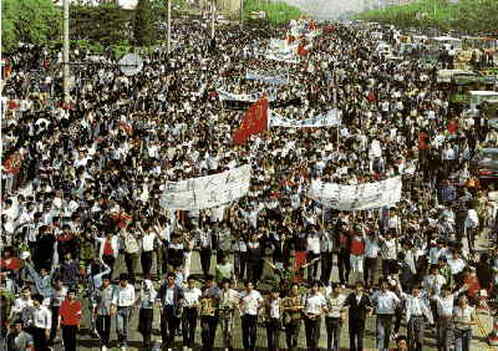
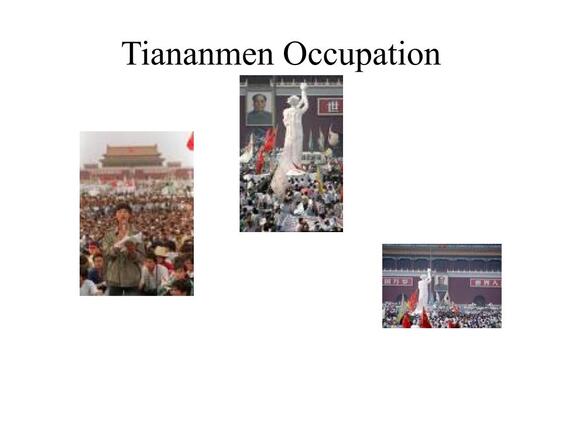
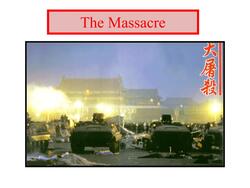
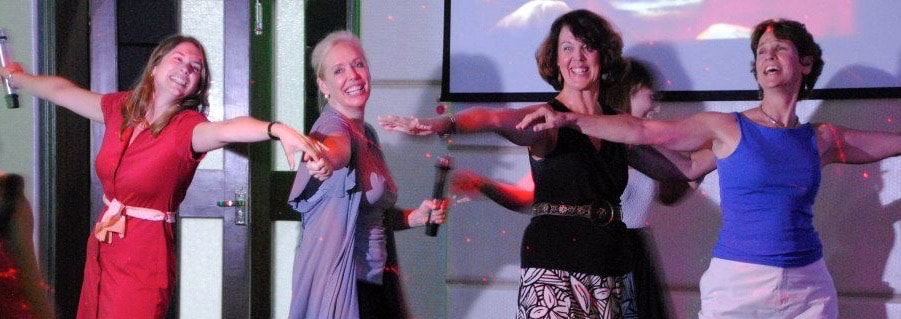
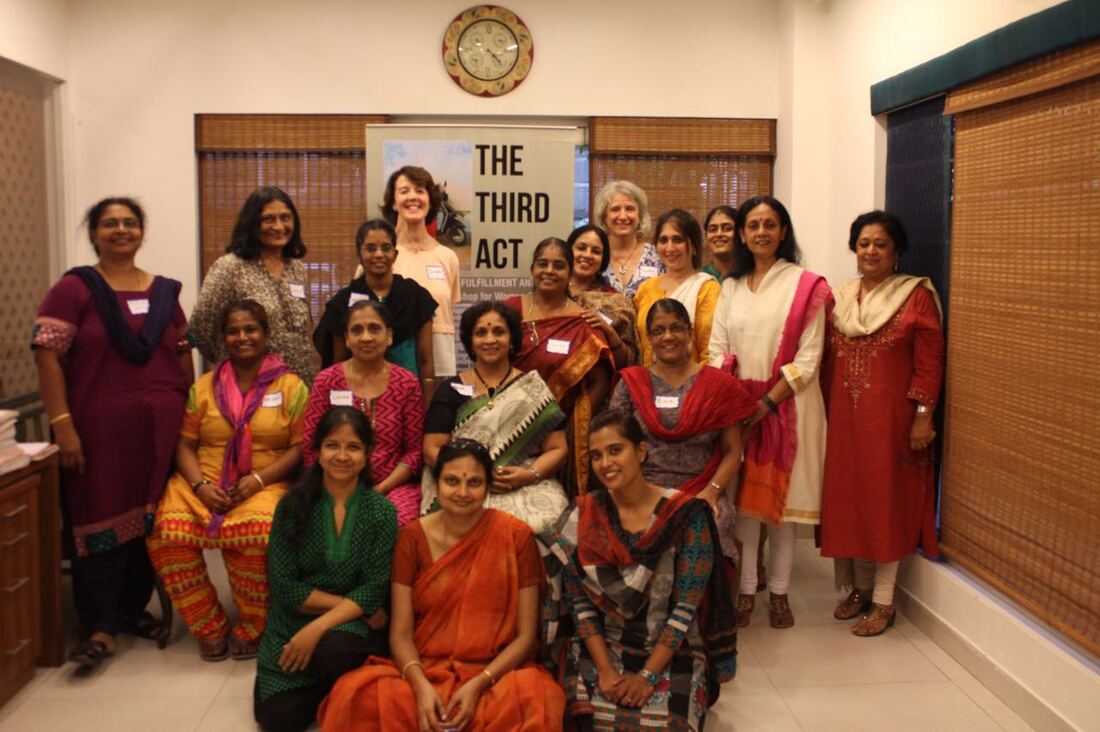
 RSS Feed
RSS Feed
